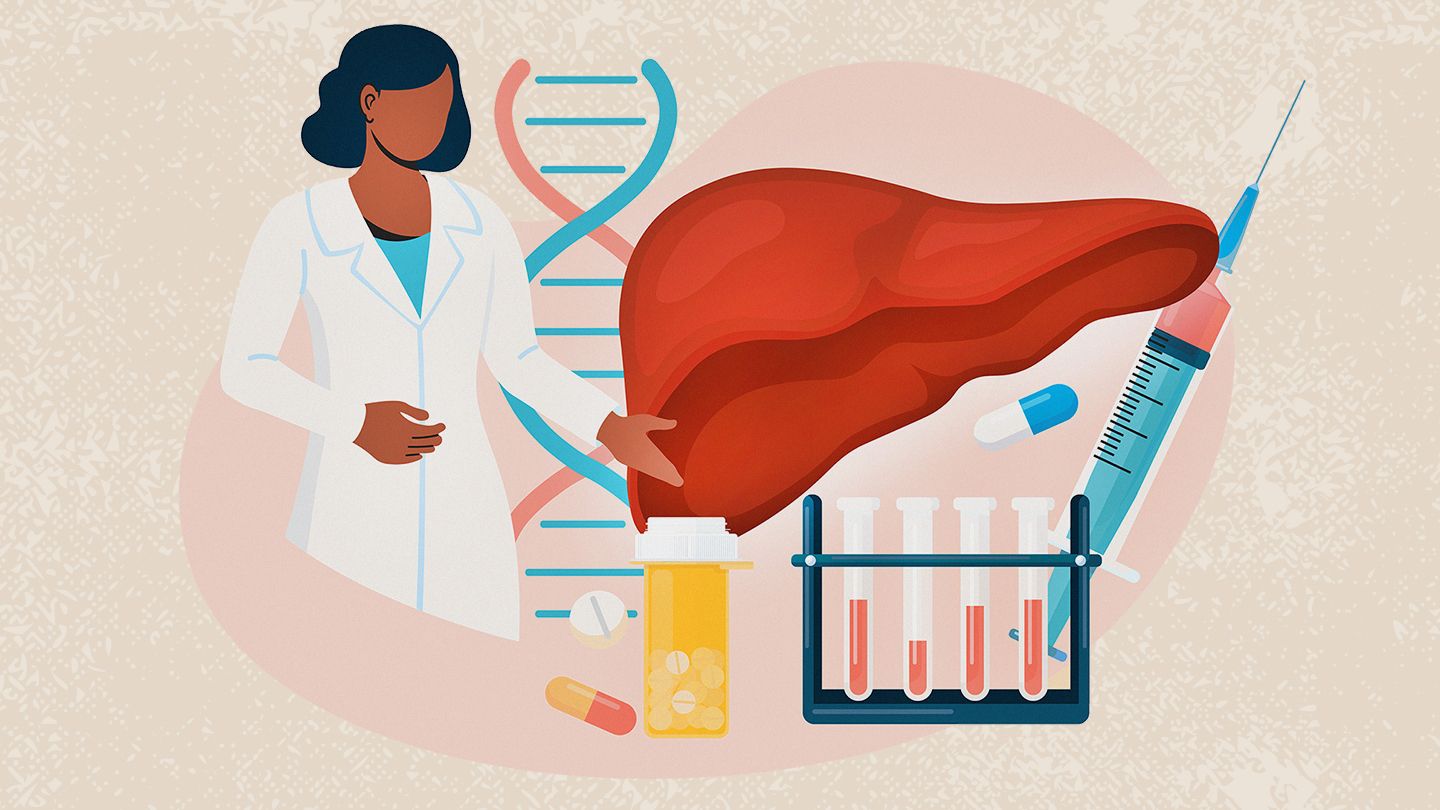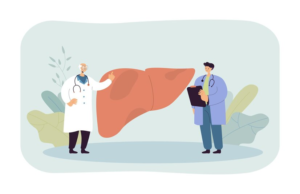
Liver Wellness: Self-Care Tips for Hepatitis C
Living with Hepatitis C, especially in conjunction with alcoholic hepatitis, presents formidable challenges. The disease’s progression towards liver cirrhosis and failure can profoundly diminish one’s quality of life, not only manifesting in physical symptoms but also exacting emotional and financial tolls.
This article delves into effective self-care practices tailored for individuals grappling with Hepatitis C, cirrhosis, and liver failure. Whether aiming to enhance overall liver health or manage specific conditions, implementing these self-care strategies can foster well-being and shield the liver from further harm.
Understanding Hepatitis C
Hepatitis, an inflammatory liver condition, arises from infectious (e.g., Hepatitis viruses) and non-infectious causes (e.g., excessive drinking, certain medications, obesity). Hepatitis C (Hep C), caused by the Hepatitis C virus, can manifest as acute or chronic hepatitis, with chronic cases posing a risk of liver cancer. Despite the availability of increasingly effective antiviral medications, challenges such as treatment refusal or ineffectiveness persist among patients.
Transmission primarily occurs through infected blood contact, notably via needle sharing during drug use. Additionally, sexual contact and maternal transmission during childbirth constitute other modes of contagion. Notably, Hepatitis C does not spread through casual contact, emphasizing the importance of precautionary measures, including avoiding blood exposure and practicing safe sex.
Effective Self-Care Practices
Living with Hepatitis C requires special attention to self-care practices to manage the condition effectively and support overall health. Here are some self-care practices specifically tailored for individuals with Hepatitis C:
- Medication Adherence: If you’re undergoing treatment for Hepatitis C, it’s crucial to take your medication exactly as prescribed by your healthcare provider. Missing doses or stopping treatment prematurely can reduce its effectiveness and increase the risk of complications;
- Nutrition Guidance: Consult with a registered dietitian or nutritionist who specializes in liver health to develop a personalized nutrition plan. They can provide guidance on foods to eat and avoid, portion sizes, and meal timing to support liver function and overall health;
- Limiting Salt Intake: Excess sodium can contribute to fluid retention and worsen liver swelling (ascites) in individuals with liver disease. Limit your intake of processed and packaged foods, which are often high in sodium, and use herbs and spices to flavor foods instead of salt;
- Hydration: Stay adequately hydrated by drinking plenty of water throughout the day. Proper hydration supports liver function and helps flush toxins from the body;
- Alcohol Avoidance: Completely abstain from alcohol, as it can accelerate liver damage and interfere with Hepatitis C treatment effectiveness. Be cautious of hidden sources of alcohol in certain foods, medications, and personal care products;
- Monitoring for Symptoms: Be vigilant for symptoms of liver damage or complications of Hepatitis C, such as fatigue, jaundice (yellowing of the skin and eyes), abdominal pain, dark urine, and easy bruising or bleeding. Promptly report any concerning symptoms to your healthcare provider;
- Regular Exercise Plan: Develop an exercise routine tailored to your fitness level and health status. Incorporate a combination of aerobic exercises (e.g., walking, swimming) and strength training to improve cardiovascular health, muscle strength, and overall well-being;
- Avoiding Hepatotoxic Substances: Certain medications, herbs, and dietary supplements can be hepatotoxic (harmful to the liver) and may exacerbate liver damage in individuals with Hepatitis C. Always consult with your healthcare provider before starting any new medications or supplements;
- Monitoring Liver Function Tests: Keep track of your liver function tests, including alanine aminotransferase (ALT) and aspartate aminotransferase (AST) levels, as well as markers of liver fibrosis and inflammation (e.g., FibroScan, elastography). Regular monitoring can help assess disease progression and treatment response;
- Supportive Therapies: Explore complementary and alternative therapies, such as acupuncture, massage therapy, and herbal remedies, under the guidance of qualified healthcare professionals. These therapies may help alleviate symptoms and improve quality of life but should not replace conventional medical treatment;
- Maintaining Mental Health: Living with a chronic condition like Hepatitis C can take a toll on mental health. Practice self-care activities that promote relaxation, stress reduction, and emotional well-being, such as journaling, art therapy, or spending time in nature;
- Regular Follow-Up Care: Schedule regular follow-up appointments with your healthcare provider to monitor your Hepatitis C status, assess treatment effectiveness, and address any concerns or questions you may have.
Remember that self-care for Hepatitis C is multifaceted and should be tailored to your individual needs, preferences, and medical history. Always consult with your healthcare provider before making significant changes to your lifestyle or treatment plan.
Conclusion
Navigating life with Hepatitis C necessitates vigilant self-care practices to safeguard liver health and overall well-being. By embracing lifestyle modifications such as abstaining from alcohol, quitting smoking, maintaining hydration, adopting a balanced diet, ensuring ample sleep, regular exercise, and judicious supplement usage, individuals can fortify their defenses against liver ailments.
Although the journey towards optimal liver health demands commitment, dedication to Hepatitis C self-care empowers individuals to lead fulfilling lives despite the challenges posed by the condition.
Should you or a loved one encounter significant liver-related issues, seeking guidance from specialists like Dr. Vivek Vij, a seasoned liver transplant surgeon in India, can provide tailored treatment solutions and invaluable support.
FAQs
Hepatitis C denotes a viral infection instigating liver inflammation, culminating in liver damage and potential complications.
By adopting lifestyle modifications—abstaining from alcohol, quitting smoking, maintaining a healthy weight, staying hydrated, consuming a balanced diet, prioritizing sleep, and exercising regularly—individuals can mitigate Hepatitis C’s detrimental effects on the liver.
Consulting healthcare providers before supplement intake is imperative to ascertain safety, as certain supplements may exacerbate liver damage in pre-existing conditions.
A combination of lifestyle adjustments, medication, and regular medical monitoring aids in managing Hepatitis C symptoms effectively.
Yes, with appropriate antiviral medication regimens, Hepatitis C is curable. Collaborating closely with healthcare providers ensures tailored treatment plans aligning with individual needs and circumstances.

